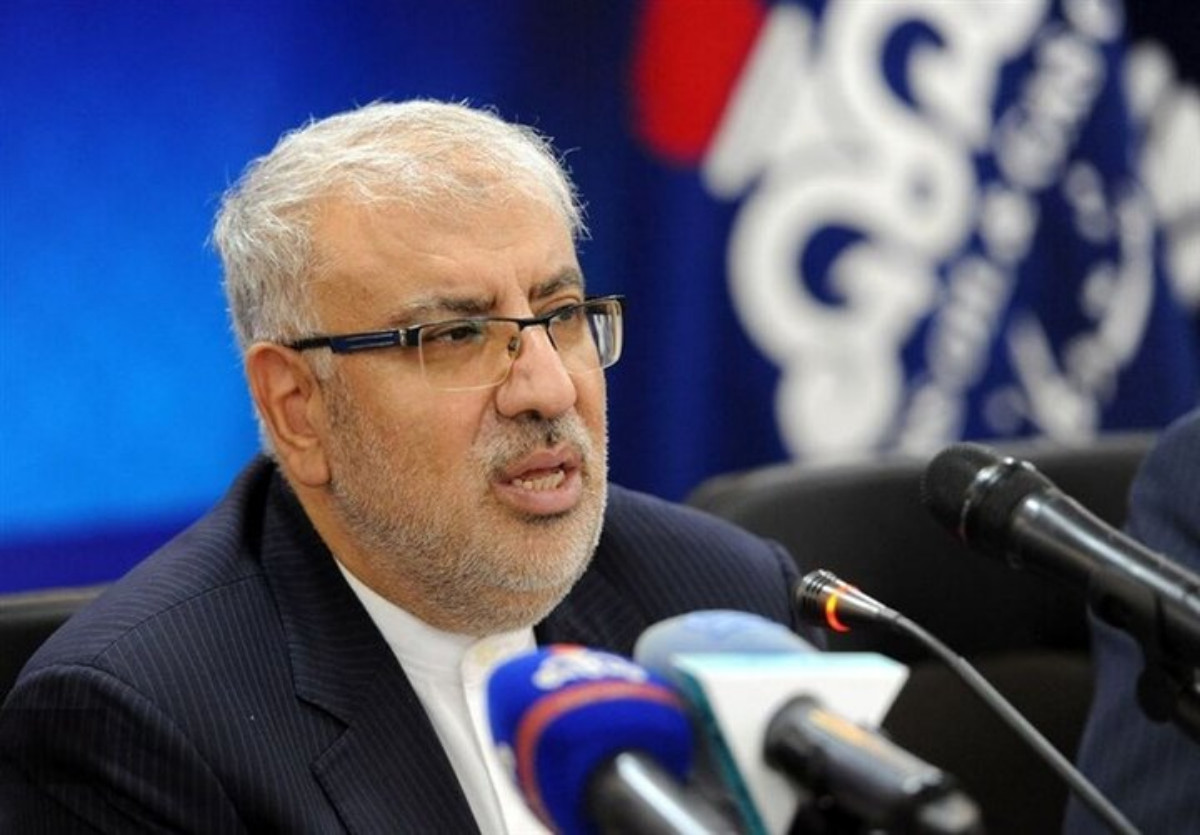Tehran, Iran— Iran has signed oil contracts worth $40 billion with domestic and foreign companies during the last 20 months.
Speaking at the second ministerial session of the 8th OPEC International Seminar entitled “Investments, finance and inclusive petroleum growth strategies” at the Austrian capital, Iran’s oil minister Javad Owji said Iran’s oil industry has planned to attract $250 billion capital within the next eight years.
Iran tops the world’s rankings in terms of aggregate crude oil and natural gas reserves, said the minister, adding the country is the holder of 154 billion barrels of recoverable crude oil and more than 33 trillion cubic meters of natural gas.
He said Iran is currently producing 3.8 million barrels of crude oil and gas condensates and more than one billion cubic meters (bcm) of rich (sour) gas a day.
Given the country’s high oil and gas production capacities, the 13th (incumbent) administration has formulated a detailed plan for boosting the output capacity, the minister mentioned.
Iranian experts are developing the country’s oil and gas fields from A to Z despite sanctions, said Owji, adding they also develop and overhaul oil and gas refineries, and no foreign expert is needed.
“We are faced with brutal sanctions imposed by one country and these sanctions against Iran’s economy and oil industry have not been imposed by the United Nations,” said the top official, continuing, “We have, however, managed to increase oil and gas output by using experience we have gained in developing oil and gas fields and constructing refineries and petrochemical complexes during long years of sanctions.”
Today’s world is in dire need of energy, in particular natural gas, security, underlined Owji, adding Iranian companies are developing the country’s onshore and offshore gas fields and Iran is now self-sufficient in horizontal and vertical drilling technologies.
The terms and conditions of Iran’s new oil contracts are aimed at attracting investors, said the minister and continued the new deals are “appealing” to investors and a number of such contracts on development of oil and gas fields and construction of refinery-integrated petrochemical plants have been inked during the recent years.
Based on new oil contracts, investors use revenues earned by selling products of hydrocarbon fields, he stated and added, “Some countries, including Russia, and even oil companies of neighboring states have welcomed such contracts.”
New oil contracts have been drawn up in a way to give a return on investment (ROI) in the shortest time possible, he said and continued foreign investors would make handsome profits when they develop oil and gas fields.
Owji expressed Iran’s readiness to attract investors in upstream, downstream, and associated petroleum gas (APG) collection projects.








